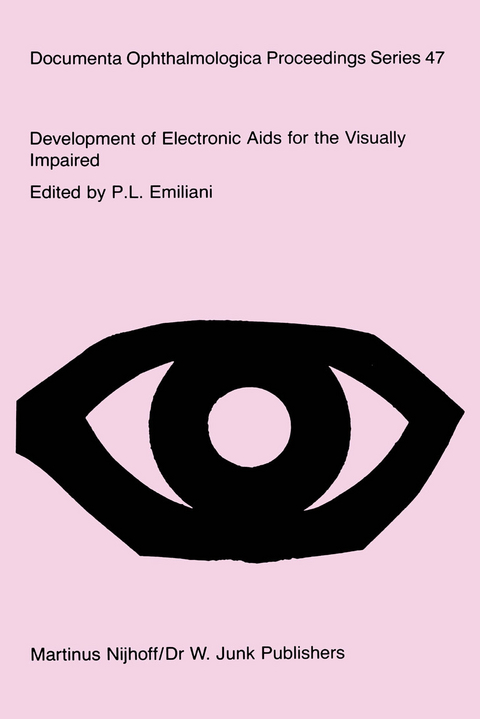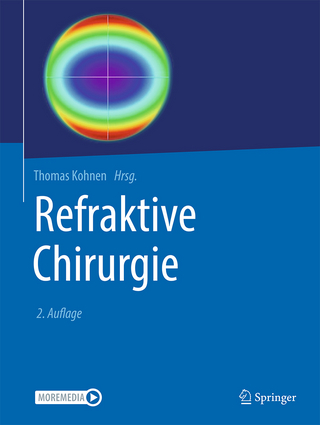
Development of Electronic Aids for the Visually Impaired
Springer (Verlag)
978-94-010-8402-4 (ISBN)
Concise Report of the Workshop.- Session 1: Braille Production.- Automatic Production of Braille.- Progress in Automatic Production of Braille.- Automatic Production of Braille — A Danish Experience.- Innovation, Braille Information and Workplace Design.- Necessary Priority Areas in the Development of Technical Aids for the Blind in the Federal Republic of Germany.- Discussion.- The Elekul Braille System.- Written Communication Aids Between Sighted and Non Sighted Persons.- Session 2: Aids for Reading and for the Interaction with Coded Information Sources.- “Ordibraille”: A Braille Text Processing System.- Aids for Reading and for the Interaction with Coded Information Sources.- Applications of a Multi-Lingual Text-To-Speech System.- Multifont Textreading Machine for the Blind.- Project for an Optical Character Recognizer for the Blind.- A Low Cost, Portable, Optical Character Reader for Blind.- Communication Aids.- Design and Evaluation of Aids for Interaction with a Computer Based Information Service.- Discussion.- Session 3: Low-Vision (Clinical, Social, Psychological and Technological Aspects).- Organization of the Distribution of Low-Vision Aids.- Reading by the Elderly (Reading by Subjects with Normal and Low Vision).- Assessment of the Needs of Low-Vision Patients.- Low Vision Aids and Some Perceptual Aspects of Reading by the Partially Sighted.- Visual Impairment in Greece: Health Service Organization.- Necessity of an Interface Between Research Output and Social Needs.- Discussion.- Session 4: Transduction of Visual Information and Displays for the Blind.- Transitory Graphical Displays for the Blind.- The Computer as a Graphical Communication Tool for the Blind.- Image Processing Techniques: Some Possible Applications to the Transduction of VisualInformation to Other Modalities.- Design of Sensory Substitution Systems for the Blind.- Discussion.- Session 5: Mobility.- Mobility Aids, Proposal for Research and Development.- Ergonomics, Mechanics and Functional Aspects for the Long Cane.- The Role of Evaluation and of Inspiration in the Development of Electronic Travel Aids for the Blind.- Development and Evaluation of Mobility Aids for the Visually Handicapped.- Discussion.- Author Index.
| Reihe/Serie | Documenta Ophthalmologica Proceedings Series ; 47 |
|---|---|
| Zusatzinfo | XVI, 312 p. |
| Verlagsort | Dordrecht |
| Sprache | englisch |
| Maße | 160 x 240 mm |
| Themenwelt | Medizin / Pharmazie ► Medizinische Fachgebiete ► Augenheilkunde |
| ISBN-10 | 94-010-8402-5 / 9401084025 |
| ISBN-13 | 978-94-010-8402-4 / 9789401084024 |
| Zustand | Neuware |
| Haben Sie eine Frage zum Produkt? |
aus dem Bereich


